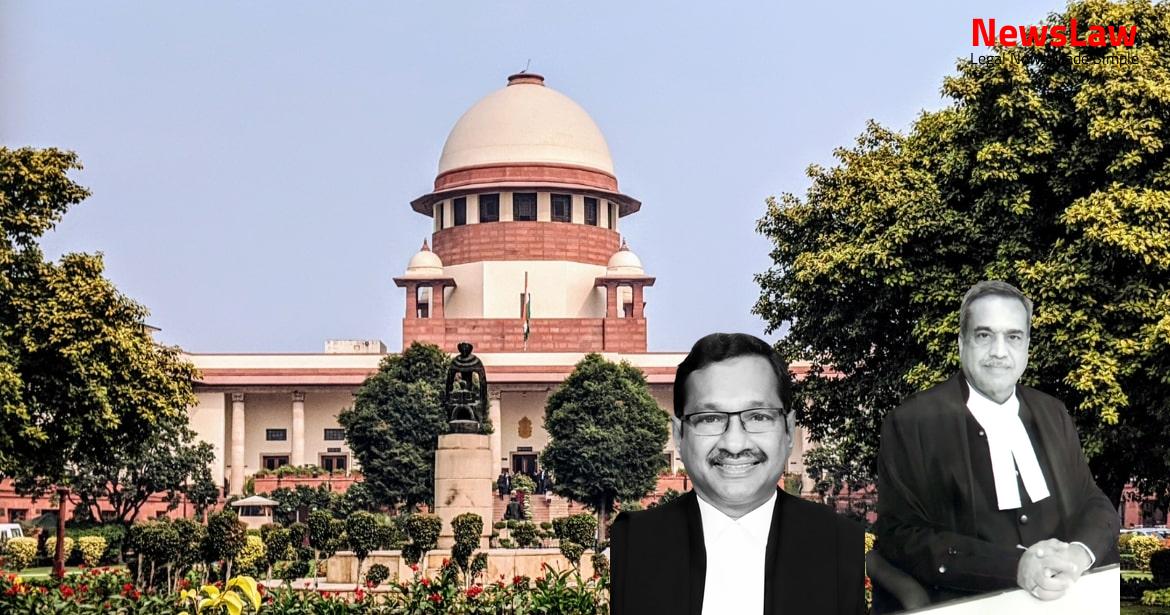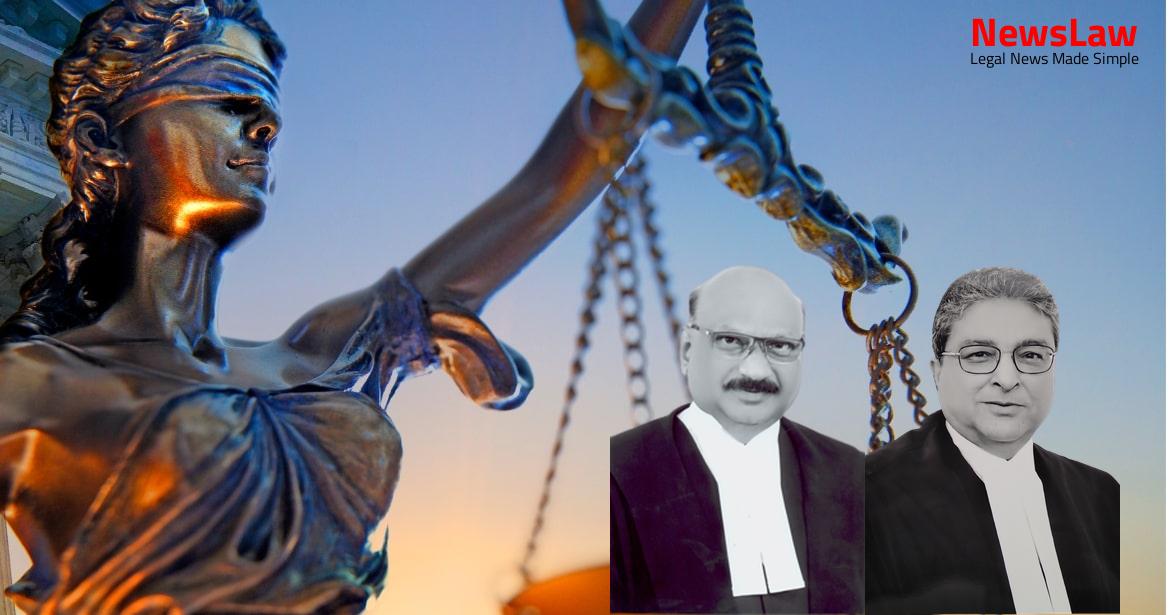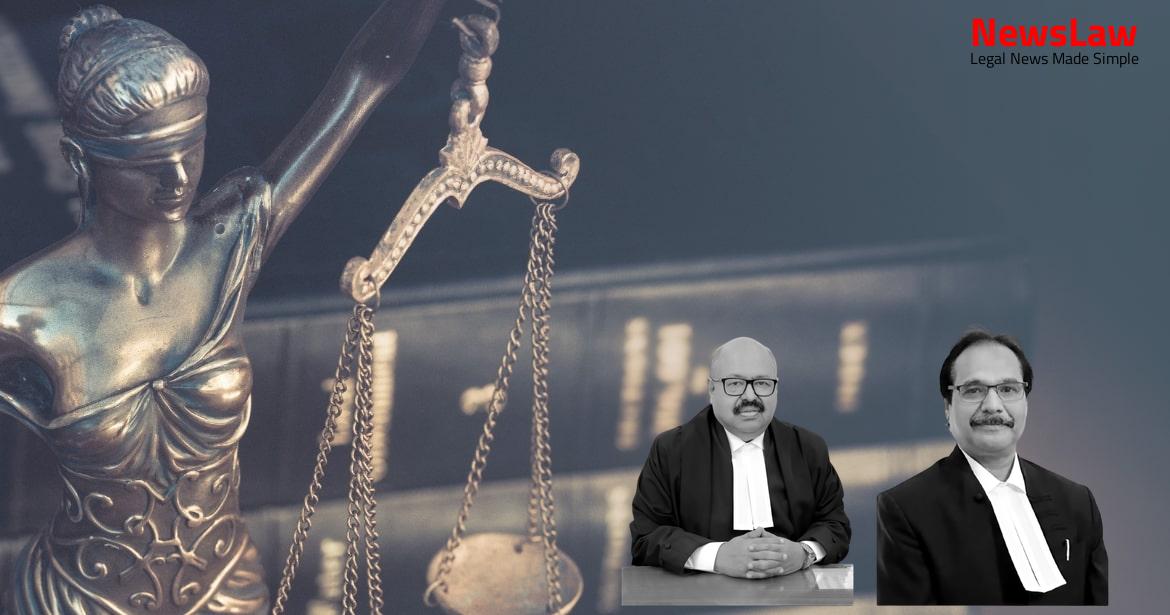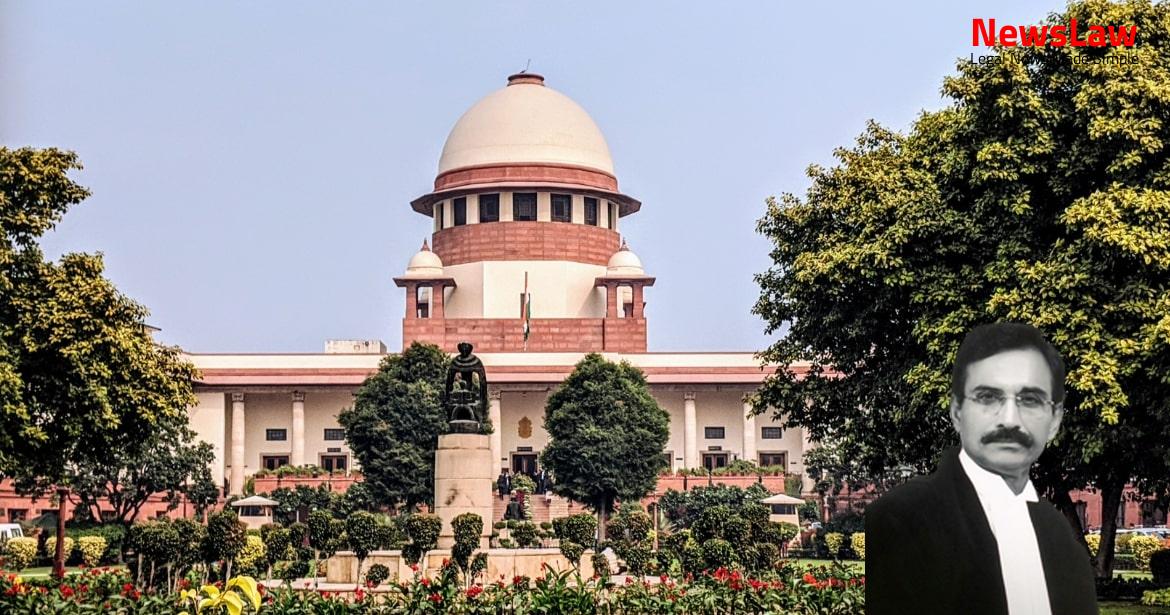State of Maharashtra and Ors.; (2005) 6 SCC 537, the State of Andhra Pradesh framed Rules called the Andhra Pradesh Admission and Fee Regulatory Committee (for Professional Courses offered in Private Un-Aided Professional Institutions) Rules, 2006 (hereinafter referred to as the Rules, 2006).
Also Read: https://newslaw.in/supreme-court/determination-of-compensation-for-land-acquisition/
Therefore, the High Court by the impugned common judgment and order has held that the recovery of enhanced tuition fee by the respective private medical colleges is bad in law. Admission and Fee Regulatory Committee and on considering the impugned common judgment and order passed by the High Court, we are of the opinion that the High Court has not committed any error in quashing and setting aside the G.O.
1 Even otherwise considering the relevant provisions of the Rules, 2006 the fixation could have been only on the recommendations/report by the AFRC and under Rule 4 of the Rules, 2006 a duty is cast upon the AFRC to recommend the fee fixation. (iv) The AFRC shall take into consideration the following factors while prescribing the fee: (a) the location of the professional institution, (b) the nature of the professional course, (c) the cost of available infrastructure, (d) the expenditure on administration and maintenance, (e) a reasonable surplus required for growth and development of the professional Institution, (f) the revenue foregone on account of waiver of fee, if any, in respect of students belonging to the Schedule Caste, Schedule Tribes and wherever applicable to the Socially and Educationally Backward Classes and other Economically Weaker Sections of the society, to such extent as shall be notified by the Government from time to time. (vii)
The fee so determined shall be applicable to a candidate who is admitted to an institution in that academic year and shall not be altered till the completion of his course in the Institution in which he was originally admitted.
Viswanathan, learned Senior Advocate appearing on behalf of the appellant – private medical college has submitted that it is true that the State Government could not have enhanced the tuition fee without recommendations/report of the AFRC. It is submitted that between 2011 and 2017 the costs/expenses of the colleges had increased and the requirement of paying stipend to students has been introduced in the year 2016 and therefore, the fee fixed in the year 2011 would cause significant loss to the colleges and the tuition fee is bound to be increased and therefore, the increase which the respective college is entitled to recover (enhanced fee).
Also Read: https://newslaw.in/supreme-court/final-decision-and-disclosure-in-collegium-meetings/
It is vehemently submitted that the private medical colleges who are the beneficiaries of illegal G.O. which was issued on the representations made by the private medical colleges cannot be permitted to retain the amount which they have recovered illegally on the basis of the illegal G.O.
It is submitted that in fact the AFRC vide notification dated 08.12.2016 proposed to review and determine the fees’ structure and call for relevant materials from the medical colleges and the students and the review and determination of fees was pending, the association of the colleges addressed a letter to the Government seeking revision which the State Government granted/permitted in clandestine manner.
Once the State Government enacted the Rules, 2006 which provides determination and fixation and the review of the tuition fees by the AFRC, the State Government was bound by the Rules, 2006 and could not have enhanced the fee during the review pending with the AFRC.
Determination of fee/review of fee shall be within the parameters of the fixation rules and shall have direct nexus on the factors mentioned in Rule 4 of the Rules, 2006, namely, (a) the location of the professional institution; (b) the nature of the professional course; (c) the cost of available infrastructure; (d) the expenditure on administration and maintenance; (e) a reasonable surplus required for growth and development of the professional Institution; (f) the revenue foregone on account of waiver of fee, if any, in respect of students belonging to the reserved category and other Economically Weaker Sections of the society.
dated 06.09.2017 and to refund the balance amount after adjusting the fee paid pursuant to the earlier determination as per G.O. If at all the AFRC determines/fixes the tuition fee which is higher than the tuition fee fixed earlier it will be always open for the medical colleges to recover the same from the concerned students, however, the respective medical colleges cannot be permitted to retain the amount collected illegally pursuant to G.O.
Case Title: NARAYANA MEDICAL COLLEGE Vs. THE STATE OF ANDHRA PRADESH (2022 INSC 1183)
Case Number: C.A. No.-008185-008186 / 2022



